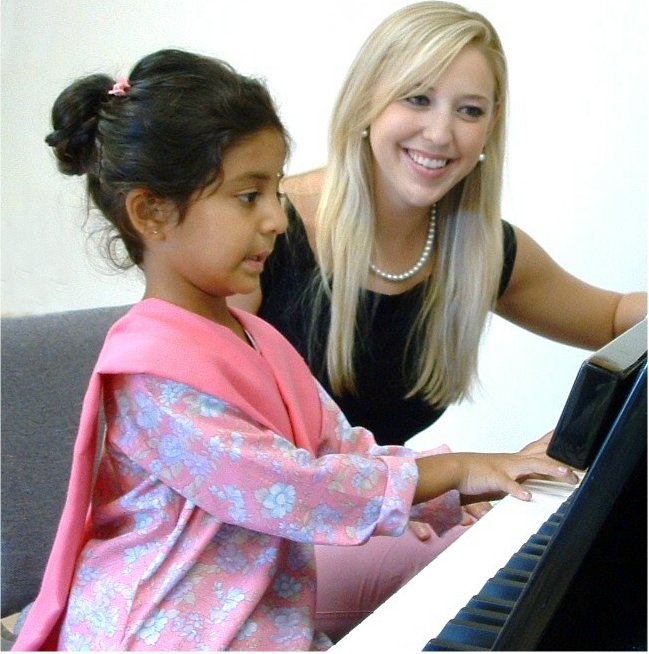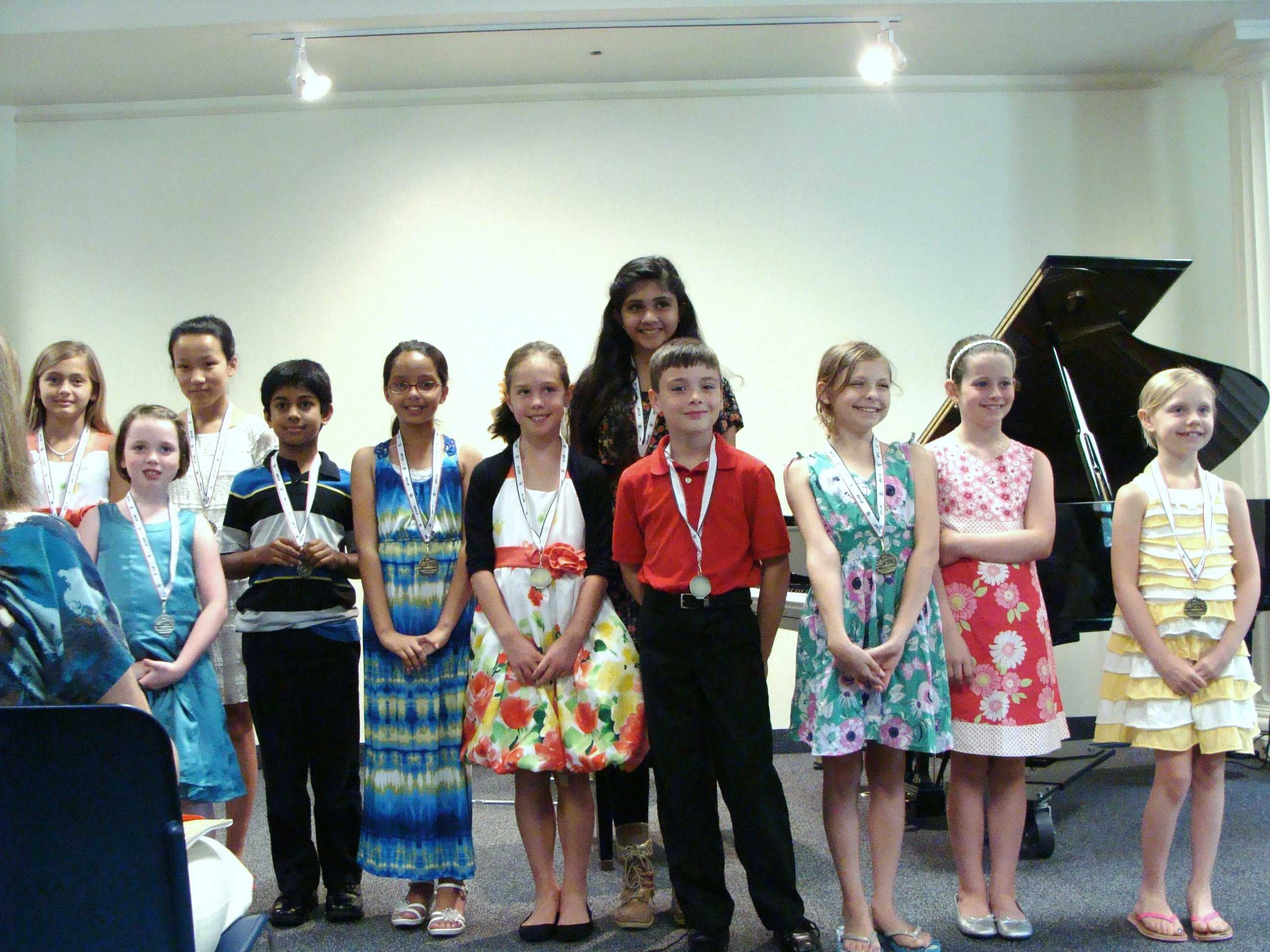5 Ways to Get the Most Out of Music Lessons
These guidelines will help you have a successful, rewarding experience learning an instrument.
1. HOW YOUNG IS TOO YOUNG - STARTING AT THE RIGHT AGE
Adults can start any instrument at any time. Their success is based on how willing an adult is to commit to practicing. We have had beginner students in their 60’s and 70’s. For children, starting at the right age is a key element to the success of their lessons. Some people will tell you “the sooner the better” but this attitude can actually backfire and be a negative. If a child is put into lessons too soon they may feel overwhelmed and frustrated and want to stop lessons. The last thing you want to do is turn a child off music just because they had one unpleasant experience which could have been prevented. Sometimes if the child waits a year to start lessons their progress can be much faster. Children who are older than the suggested earliest starting age usually do very well. The following are guidelines we have found to be successful in determining how young a child can start taking music lessons. If you have any doubt, though, taking one lesson can be extremely helpful to see if a child is ready.


